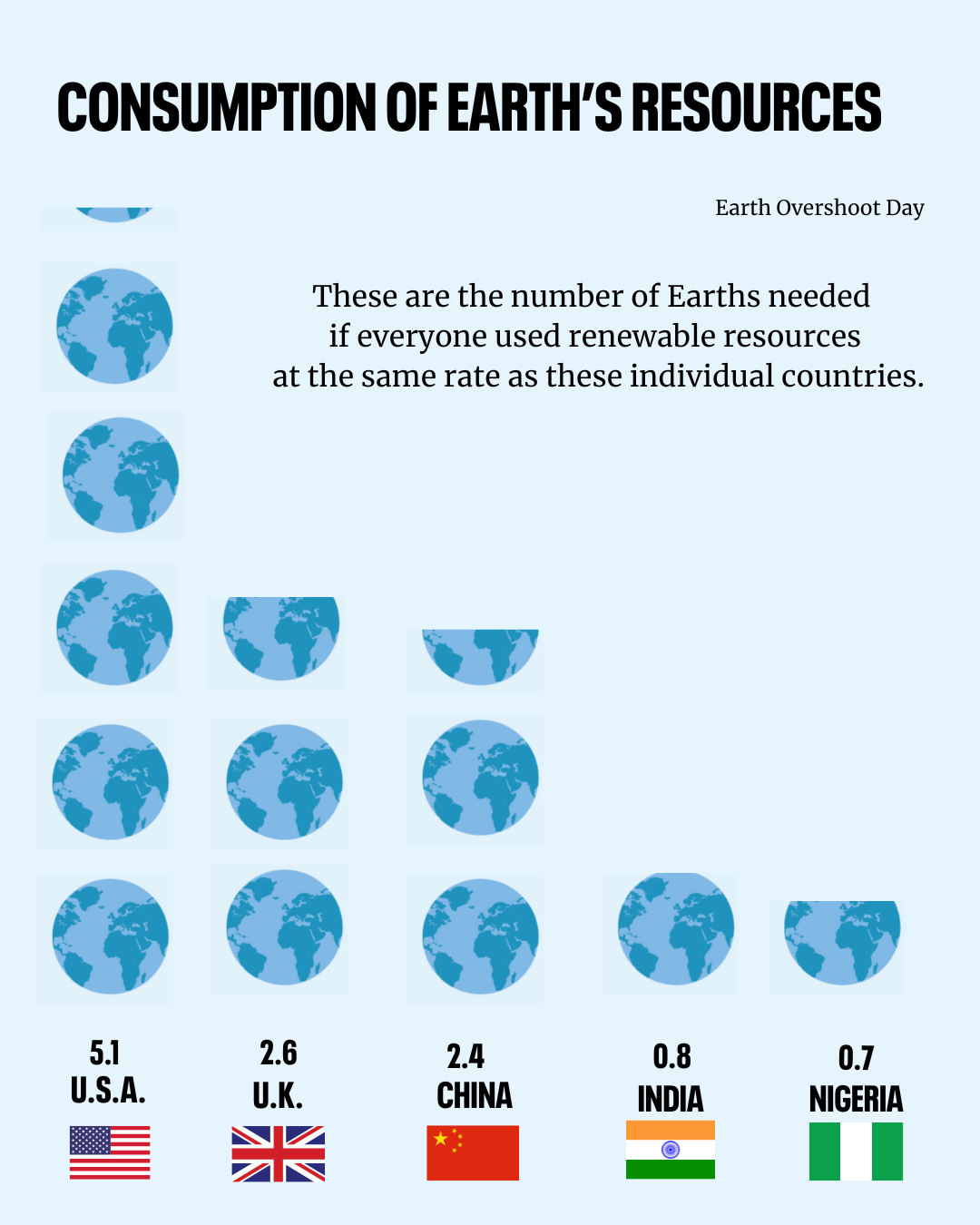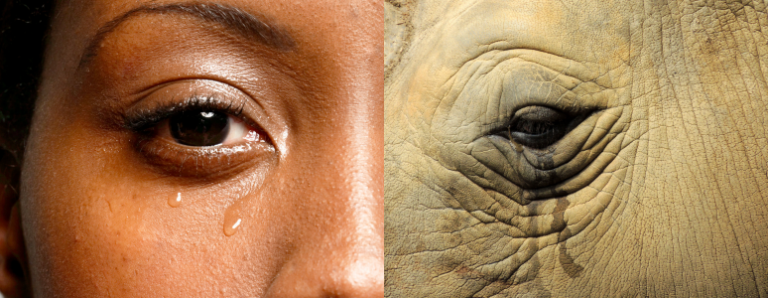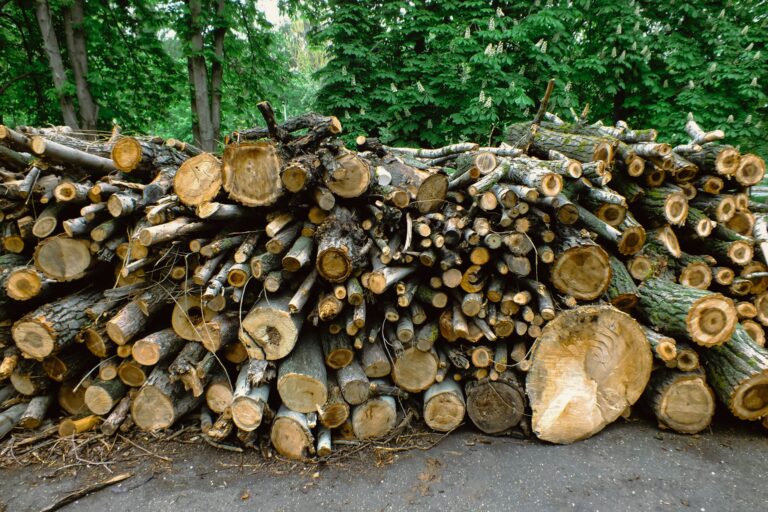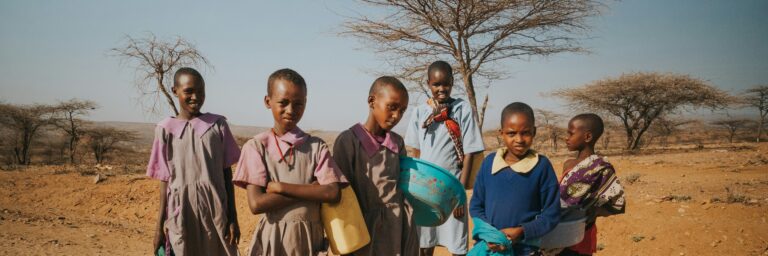
Earth Overshoot Day – We Are in Debt to Our Planet
Earth Overshoot Day (July 24th) comes faster than ever.
There is only one Earth – our planet, our shared home. It’s a place of remarkable natural beauty, and complexity. Oceans regulate global temperatures. Forests generate the oxygen we need to breathe. Fertile soil grows the crops that feed us. These interconnected systems sustain all life on Earth, for all species, yet they are increasingly under threat.
As we’ve seen with intensifying heatwaves, hellish wildfires, freak floods and degradation turning productive lands into arid deserts, the ecosystems we depend upon are breaking down. These are not isolated events, they are symptoms of broader ecological collapse, caused by humanity’s outsized impact.
Our Demand Outstrips Supply
The Earth is a closed system, which means all the resources we use originate and renew within it. When timber is harvested, for example, then forests can regrow. But it takes time and energy for forests to grow and replace the ones chopped down; this is known as biocapacity and is the rate that the Earth can absorb waste materials and generate new resources. If timber is harvested at the same rate that forests grow, then there is an ecological balance.
However, as is happening all over the world, forests are being slashed and burnt down faster than they’re growing, causing global deforestation that is tipping the scales on climate change and putting us in ecological debt.
We’re not just destroying forests; we’re using up all resources – from blast mining of precious metals to overfishing in our oceans – faster than the Earth can renew them. According to the Global Footprint Network, humanity is using up natural resources 80% faster than the Earth can regenerate, the equivalent of using the resources of 1.8 earths.
If everyone on the planet lived like the average person in the UK, we’d need the equivalent resources of 2.6 earths. – Global Footprint Network.
We’re Stealing from the Future
The Global Footprint Network also calculates Earth Overshoot Day, the date when humanity will have exhausted nature’s entire annual budget of ecological resources and services.
This year, Earth Overshoot Day lands on July 24th, which means that for the remaining six months of the year we are living by depleting natural capital.
It may seem hard to understand how we can consume more natural resources than are available on an annual basis, but this level of overuse is possible by depleting natural capital.
To put it another way, we are effectively stealing resources from the future. For example, when mega-trawlers rake up a seabed, hoovering up fish, this destroys the marine habitat and leaves fewer fish able to breed and replace the species, resulting in smaller catches of fish in future. We are choosing short term gains at the expense of long-term sustainability.
The more we deplete natural capital now, the more we risk crossing ecological tipping points, where ecosystems collapse entirely.
Today, human activity is the greatest driver of accelerating biodiversity loss. We are now losing biodiversity up to one thousand times faster than it was disappearing a century ago.
For example, deforestation and over-pumping of aquifers have drained groundwater, leading to more frequent and intense droughts. During severe droughts, trees and plants die off, the ground hardens and compacts like concrete, so when heavy rainfall occurs the ground can’t absorb the water, causing flash floods. When degraded land cannot retain any groundwater, vegetation can’t grow, and the land is unable to regenerate. A vicious cycle of severe often multi-year droughts, followed by flash floods begins.
As recently seen in the Horn of Africa, where between 2020-2023 the region suffered from one of the worst droughts in forty years, followed by a deluge of flash floods in 2024, devastating the area, costing lives, and affecting millions of people. This is just one example of how depleting natural capital can lead to a domino effect of natural disasters as complex ecosystems break down.
Humanity’s impact is driving us into what is now considered the Sixth Mass Extinction. The last was 66 million years ago, triggered by the asteroid that wiped out the dinosaurs.
Today, human activity is the greatest driver of accelerating biodiversity loss. We are now losing biodiversity up to one thousand times faster than it was disappearing a century ago.
Our needs for food, water, land, energy and more are destroying habitats, polluting our air and water, and driving wildlife and plants to extinction.
Growing Demands
In the last 50 years resource use has tripled, just as the world’s population has grown from 3.6 billion in 1970 to over 8 billion today.
In addition, our own consumption behaviours, that is how we as individuals or groups use and dispose of goods and services, has dramatically increased.
There are more people using more resources than ever before.
According to the United Nations Global Resources Outlook 2024, rising affluence explains 40% of the global increase of material extraction, while population growth contributed to 27%. Despite rhetoric from Silicon Valley, green technology is unlikely to be the miracle solution to reduce the strain of our demand, as the report found technology only mitigated global material extraction by 5%.
The report also predicted a 60% rise in resource use by 2060. We’re set to demand even more from the Earth, when we’re already in ecological debt. Rising resource demand is in part due to the continued growth of the global population – estimated to reach 10.3 billion by the mid-2080’s – as well as increasing consumption, with more people using ever more resources.

It’s vital that everyone is given the adequate resources to live in dignity, however our current economic and social systems steer us toward high-consumption lifestyles, consuming far more resources than we need.
If everyone on the planet lived like the average person in the UK, we’d need the equivalent resources of 2.6 earths (Global Footprint Network).
To solve the pressing environmental challenges the world faces, then we need to repay our ecological debt and reduce our collective demand upon the Earth’s resources. We need to address the impacts of our growing global population and drastically reduce our consumption, especially for individuals living in richer countries, such as the UK.
Positive Solutions
We know that in areas where population is growing the fastest, Sub-Saharan Africa and South Asia, this is primarily due to millions of individuals, mainly women and girls, unable to exercise their sexual and reproductive health and rights. Persisting social and economic barriers prevent millions of individuals from accessing family planning and education. That’s why Population Matters works with our international partners to remove barriers to reproductive healthcare, including family planning services and information, and to increase access to quality education for all.
At the same time, we also need to drastically reduce our consumption. On an individual level, we know that simple steps like switching to a plant-based diet or cycling to work rather than driving, can reduce one’s ecological footprint. The more of us who work together to reduce our ecological footprint, the greater impact we will have. Together, we can make a more sustainable world, to protect nature and improve people’s lives.
This is a copy of an article that was published in Re-Wild Magazine Winter Edition (2025).



